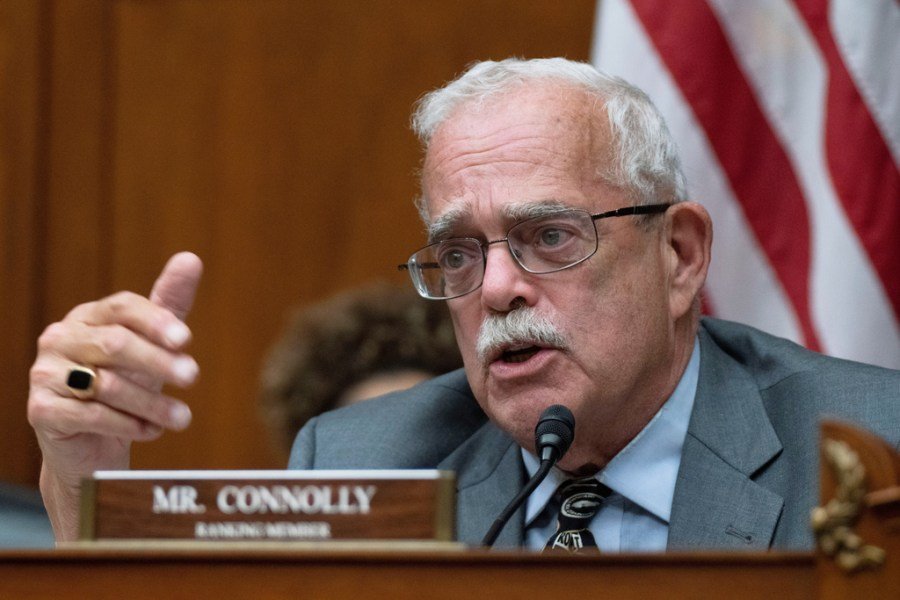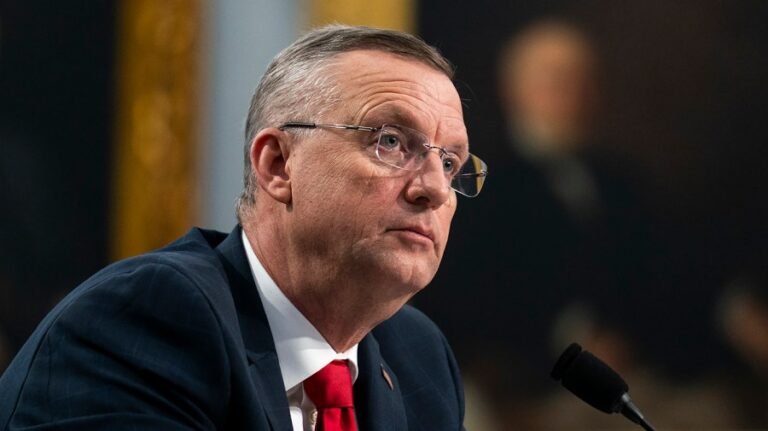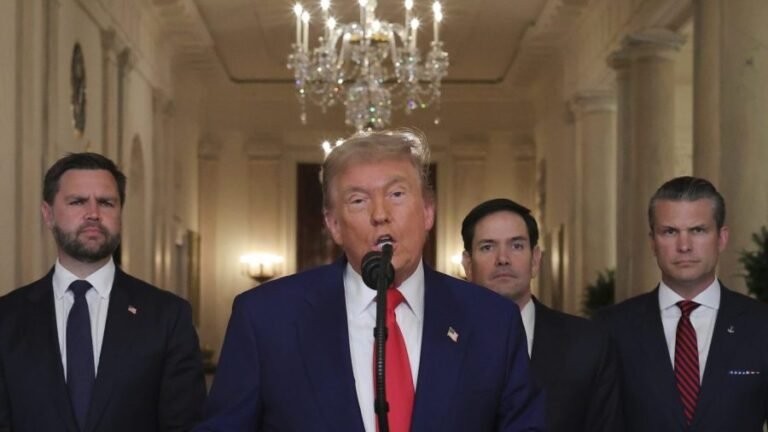
An online newsletter recently carried a headline that read, quite simply, “The missing branch.” I didn’t have to read further to know it was about the lowly state into which Congress has fallen, particularly with its failure to respond to the administration’s ongoing encroachments on its constitutional prerogatives.
Missing in action is not an enviable position for a major institution of the federal government.
Through it all I have wondered how the institution’s decline has affected average House members and their expectations of what their job should be. Tarring Congress with a broad brush has been a popular sport for decades now, especially by columnists and commentators (present company included). But do we neglect the trees for the forest? Have we been giving short shrift to the dozens of members who labor quietly in the vineyards, serving their districts, their party, and the country with little thought of how they are portrayed in the media? I’m talking here about the workhorses versus the showhorses.
This thought slammed home to me last week in reading in the Washington Post last week about the passing of Rep. Gerry Connolly (D-Va.) who died of esophageal cancer. I made a list of all the characteristics we would want in our ideal representative in Congress. These include conscientious service to the district (bringing home the bacon); fairly reflecting the views of constituents in voting; working closely with colleagues on both sides of the aisle to enact effective laws; promoting the national interest through committee and chamber actions; and protecting the prerogatives of Congress as an institution by standing up to the executive. Connolly checked all of the boxes.
What distinguished Connolly from others was that he was not a lifelong pol who lived and breathed politics from the beginning, always with an eye to the cameras and getting elected and reelected. Instead, he eventually became involved in politics as a way to advance the many interests he had developed in other positions prior to elective office.
Connolly had originally studied for the priesthood for five years but abandoned that when the church did not take a stand against the Vietnam War. He went on to graduate with a B.A. in literature and a master’s in public administration.
Along the way, he was associate director of the Freedom from Hunger Foundation, then executive director of the U.S. Committee for Refugees. He spent a decade on the staff of the Senate Foreign Relations Committee, where he specialized in foreign assistance, drafting its annual foreign aid bills. By then, he was living in Fairfax County, Va., where he was drawn into local politics when an environmental disaster — a toxic chemical spill — occurred in his backyard.
This in turn eventually led to his election to the Fairfax County board and ultimately to his election as its chairman, focusing on transportation and infrastructure issues.
In 2008 he successfully ran as a Democrat for the U.S. House seat vacated by moderate Rep. Tom Davis (R-Va.). Connolly became an influential member of both the House Committee on Oversight and Government Reform, and the Foreign Affairs Committee, pursuing his interests in the environment, high tech development and human rights. His district became a hub for attracting IT businesses and grew exponentially thanks to his efforts to bring the requisite infrastructure to sustain such growth, including the extension of Metro’s Silver Line to Dulles Airport.
Although he twice failed to be elected chair of the House Oversight Committee, before being elected its ranking Democrat this year, he made his mark as a very effective chair of its subcommittee on government operations where he held the Trump administration to account through his oversight investigations and hearings.
Despite the rough and tumble party battles for committee leadership, Connolly distinguished himself by his bipartisan outreach to Republicans to co-sponsor bills that had a good chance to become law. One notable example of this was enactment of the Federal Information Technology Acquisition Reform Act in 2014, co-sponsored with Rep. Darrell Issa (R-Calif.). It was the first major overhaul of federal IT management and oversight since 1996.
Connolly once noted the similarity between religious commitment and public service: they both involved a ministerial function to help people, especially those underserved both at home and abroad. That commitment shone through in all his endeavors both prior to and after entering electoral politics.
The key to success, I concluded, lies in having diverse interests and background experiences that take priority over political ambitions alone. Members today would do well to reflect on Connolly’s legacy and what public service should be all about. It just might help allay some of the petty partisan bloviating and restore what the word “Congress” really means: a coming together.
Don Wolfensberger is a 28-year congressional staff veteran culminating as chief of staff of the House Rules Committee in 1995. He is author of “Congress and the People: Deliberative Democracy on Trial” (2000), and, “Changing Cultures in Congress: From Fair Play to Power Plays” (2018).


